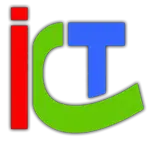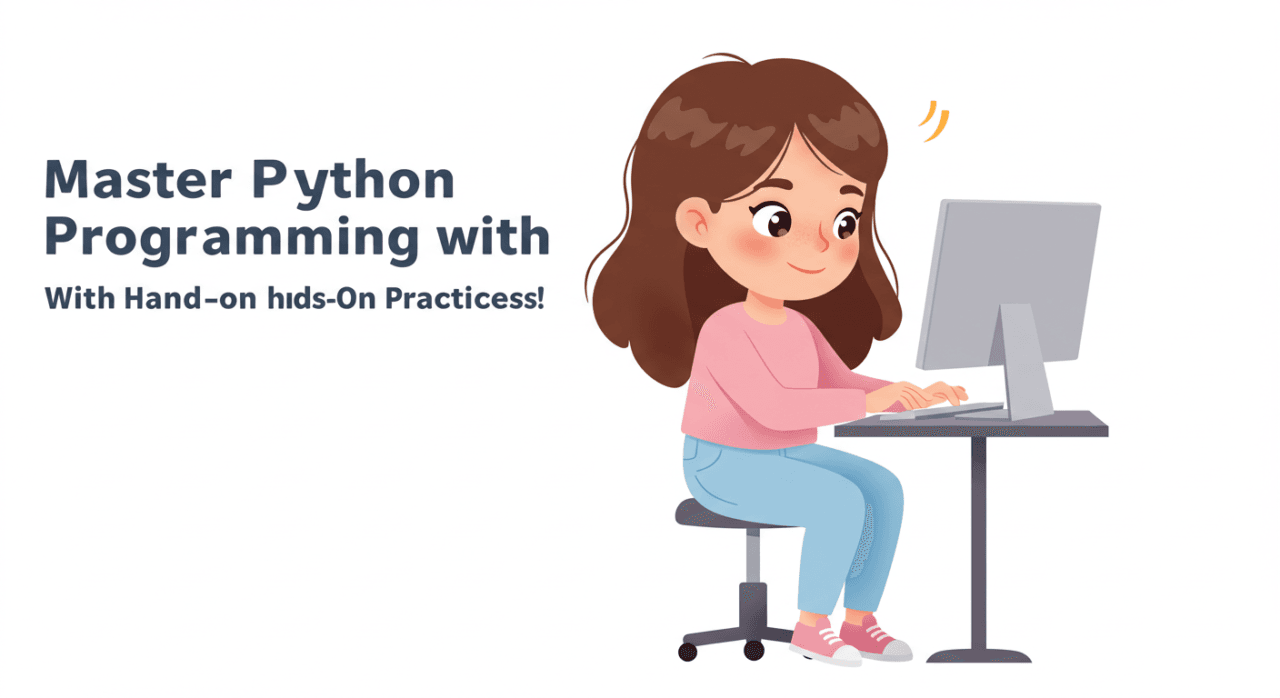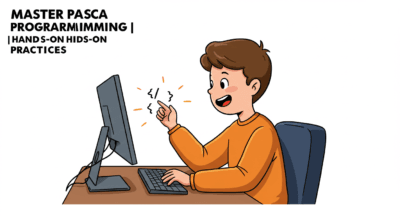Are you ready to dive into the world of Python programming and take your coding skills to the next level? Whether you’re a beginner or an experienced developer, mastering Python programming practices is essential for writing clean, efficient, and scalable code. At schoolict.net , we’ve curated a comprehensive guide to help you explore the fundamentals and advanced techniques of Python programming.
In this blog post, we’ll walk you through why Python is a game-changer in the programming world, how practicing Python can benefit you, and some practical tips to get started with Python programming practices today.
Why Python? The Language of the Future
Python has become one of the most popular programming languages worldwide, and for good reason. Its simplicity, versatility, and powerful libraries make it a favorite among developers, educators, and businesses alike. Here’s why Python stands out:
- Beginner-Friendly : With its readable syntax and straightforward structure, Python is perfect for those new to programming.
- Versatile Applications : From web development and data analysis to artificial intelligence and automation, Python can handle it all.
- Strong Community Support : Python boasts a vast ecosystem of libraries, frameworks, and active community forums to help you solve problems quickly.
By mastering Python programming practices, you open doors to endless possibilities in tech, science, and beyond.
What Are Python Programming Practices?
Python programming practices refer to the set of techniques, methodologies, and best practices that help programmers write efficient, maintainable, and bug-free code. These practices are not just about solving problems but doing so in a way that adheres to industry standards and ensures scalability.
At schoolict.net/python-programming-practices/ , we focus on teaching students how to:
- Write Clean Code : Follow PEP 8 guidelines for readability and consistency.
- Use Data Structures Effectively : Master lists, dictionaries, tuples, and sets to manage data efficiently.
- Implement Control Structures : Learn how to use loops, conditionals, and functions to create dynamic programs.
- Handle Errors Gracefully : Understand exception handling to build robust applications.
- Work with Files and Databases : Practice reading, writing, and managing data using Python.
These foundational skills will prepare you for real-world challenges and enable you to tackle complex projects confidently.
How Practicing Python Can Benefit You
- Boost Problem-Solving Skills : Python encourages logical thinking and algorithmic problem-solving, which are critical in any programming domain.
- Enhance Career Opportunities : Employers value candidates who are proficient in Python due to its wide range of applications.
- Automate Repetitive Tasks : Save time by automating mundane tasks like file management, data processing, and report generation.
- Explore Cutting-Edge Technologies : Python is the go-to language for machine learning, AI, data science, and web development.
- Build a Strong Portfolio : By completing hands-on exercises and projects, you can showcase your skills to potential employers or clients.
Getting Started with Python Programming Practices
Ready to start your journey? Here are some actionable steps to kickstart your Python learning experience:
1. Set Up Your Environment
Install Python from the official website (python.org ) and choose an Integrated Development Environment (IDE) like PyCharm, VS Code, or Jupyter Notebook to write and test your code.
2. Start with Basics
Familiarize yourself with Python’s syntax, variables, data types, and operators. Try simple exercises such as calculating the area of a rectangle or printing patterns.
3. Solve Real-World Problems
Practice makes perfect! Work on practical examples like:
- Creating a calculator app
- Building a to-do list manager
- Developing a weather forecasting tool using APIs
4. Explore Advanced Topics
Once you’re comfortable with the basics, move on to advanced concepts like:
- Object-Oriented Programming (OOP)
- Working with databases (SQLite, MySQL)
- Web scraping with BeautifulSoup
- Automating workflows with scripts
5. Join Online Communities
Engage with fellow learners and experts on platforms like Stack Overflow, Reddit, or GitHub. Sharing knowledge and collaborating on projects can accelerate your growth.
Why Choose schoolict.net for Learning Python?
At schoolict.net/python-programming-practices/ , we believe in making learning fun, interactive, and effective. Our resources include:
- Step-by-Step Tutorials : Easy-to-follow guides for beginners and advanced users.
- Hands-On Exercises : Practical coding challenges to reinforce your understanding.
- Real-World Projects : Build applications that mimic real-world scenarios.
- Expert Guidance : Learn from experienced instructors who are passionate about teaching.
Whether you’re preparing for exams, enhancing your resume, or pursuing a personal project, our platform equips you with the tools you need to succeed.
Conclusion
Python programming practices are the key to unlocking your full potential as a developer. By mastering these techniques, you’ll not only improve your coding efficiency but also position yourself for exciting career opportunities in technology.
Don’t wait—start your Python journey today! Visit schoolict.net/python-programming-practices/ to access our free tutorials, exercises, and expert advice. Let’s code smarter, together!
Call to Action
Are you ready to transform your ideas into reality with Python? Click here to explore our Python programming practices and embark on your path to success. Happy coding! 🚀









Leave a Reply